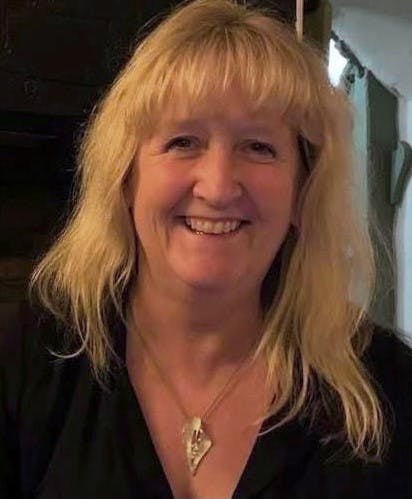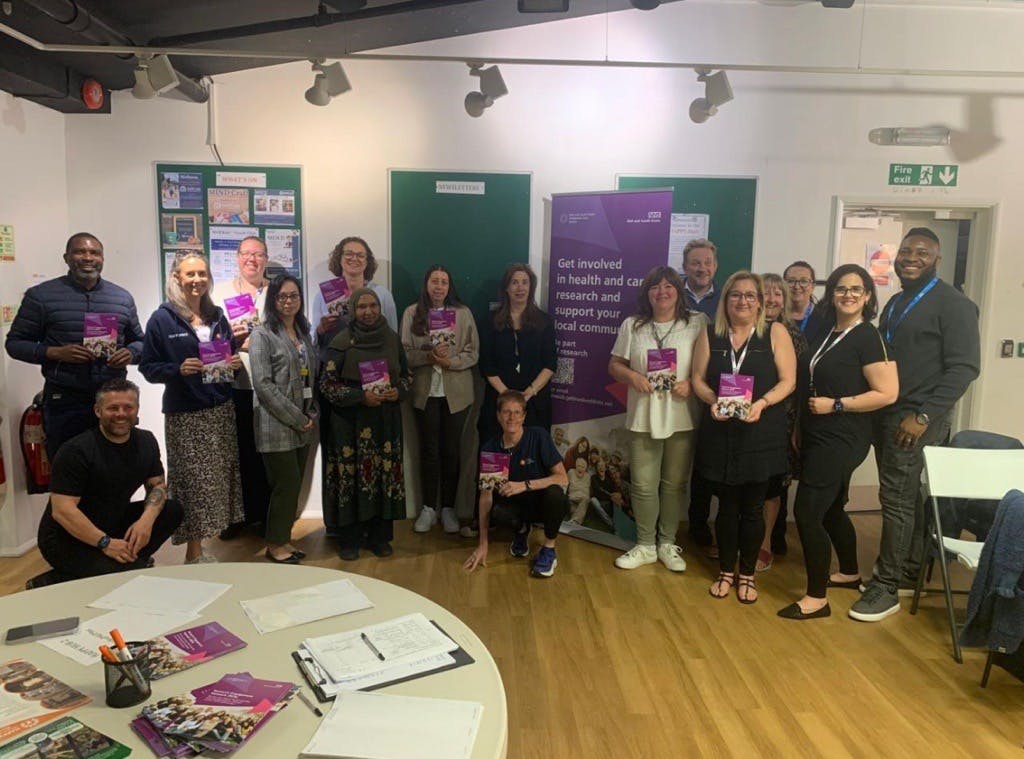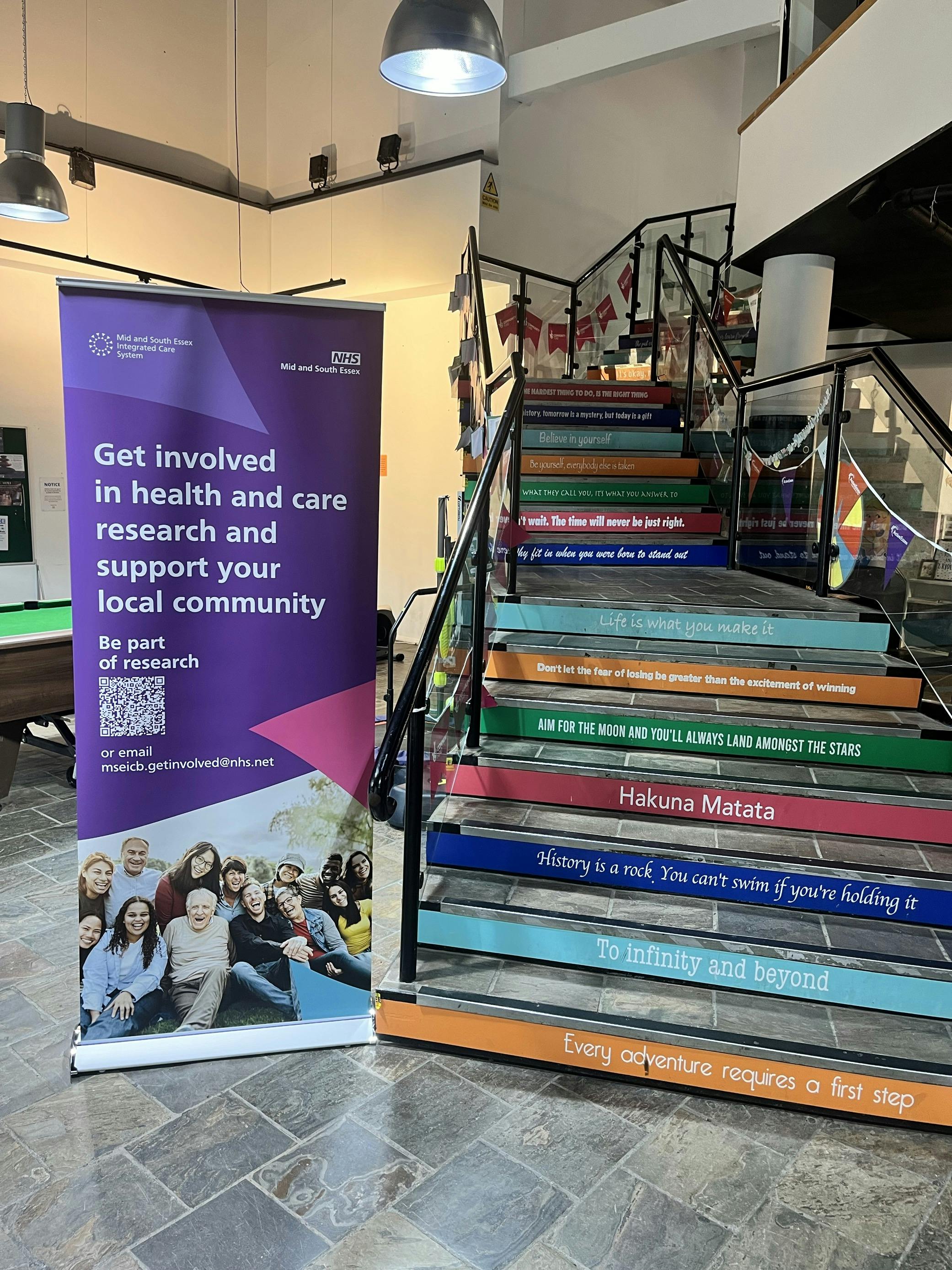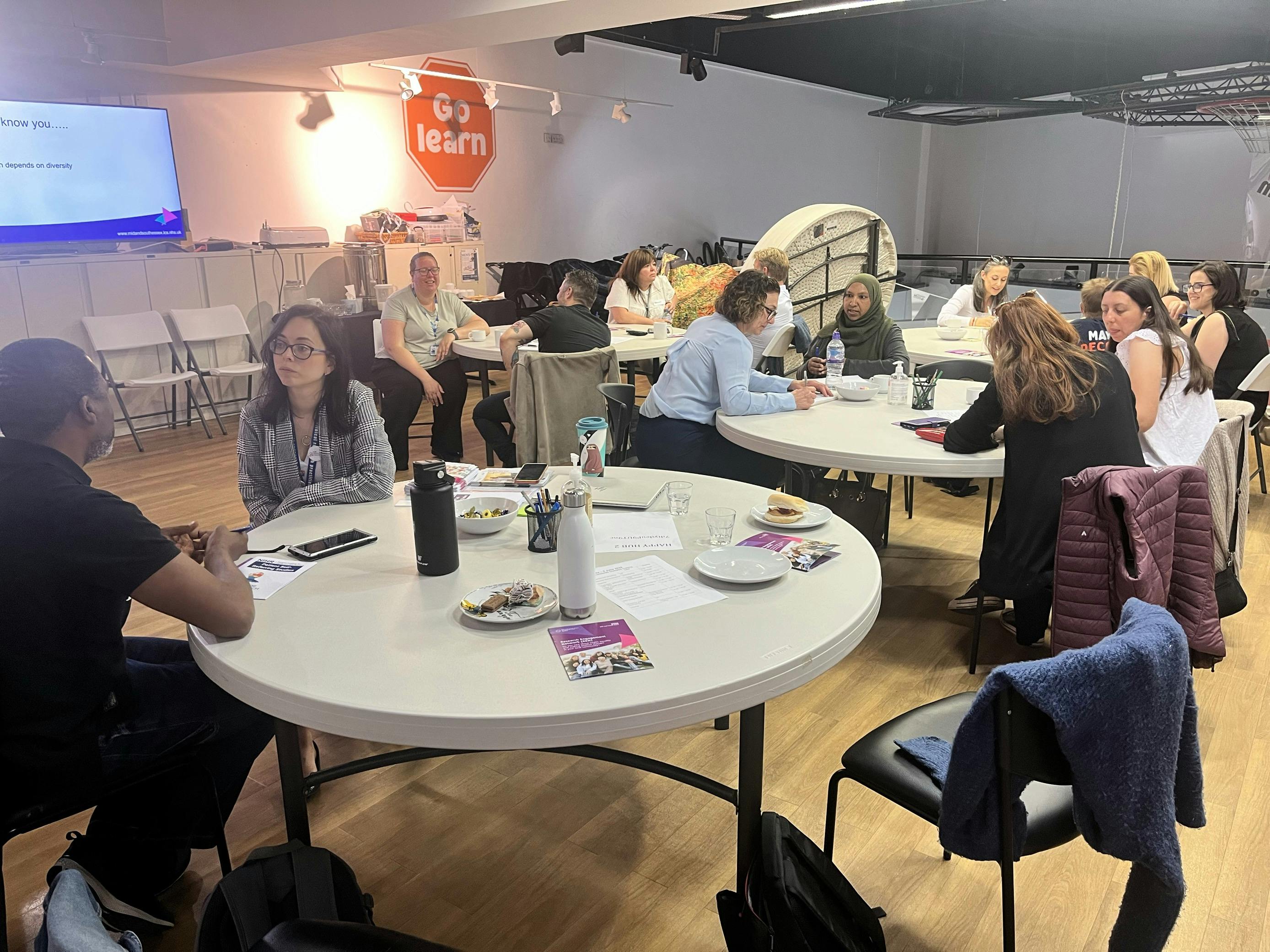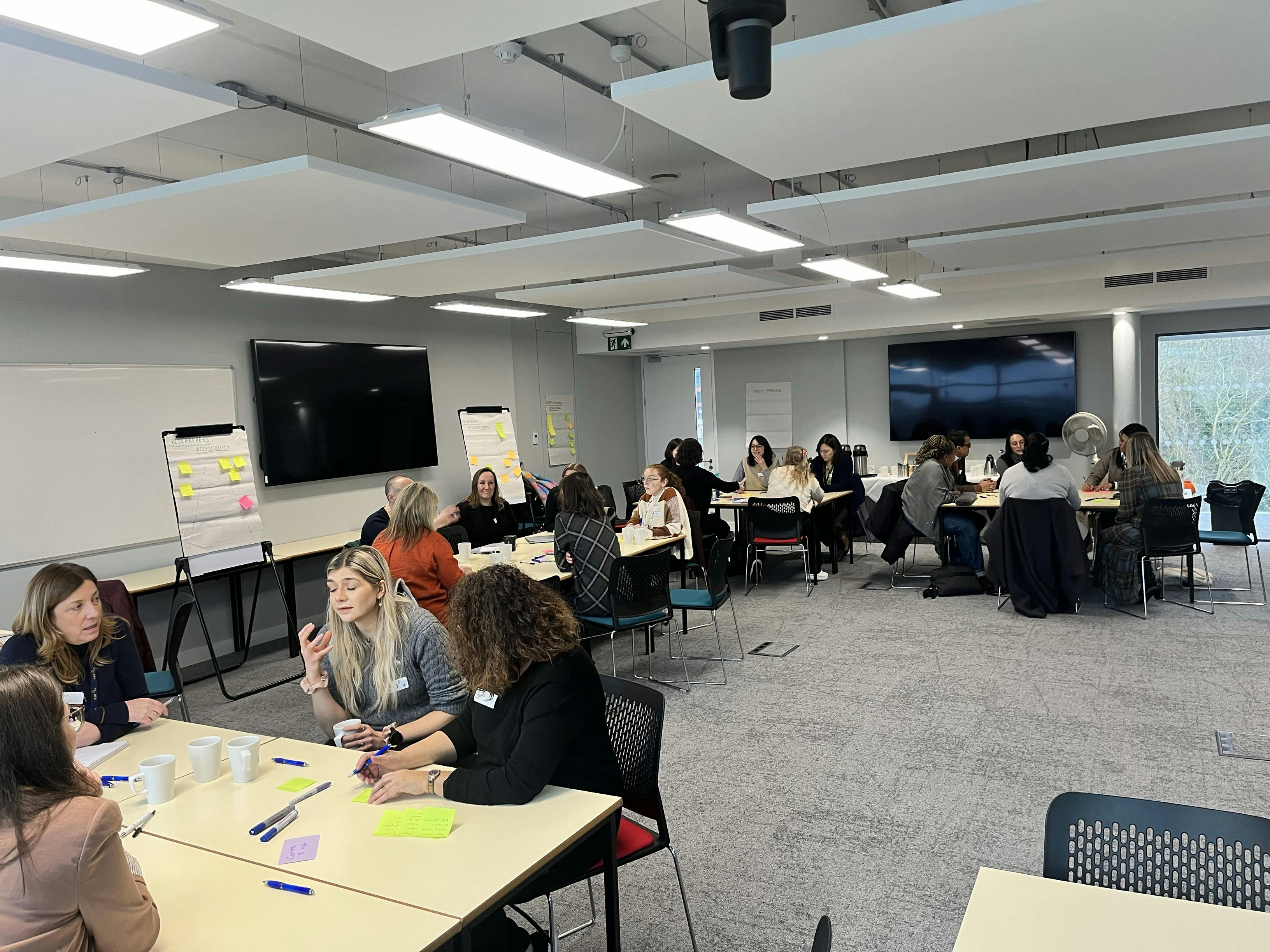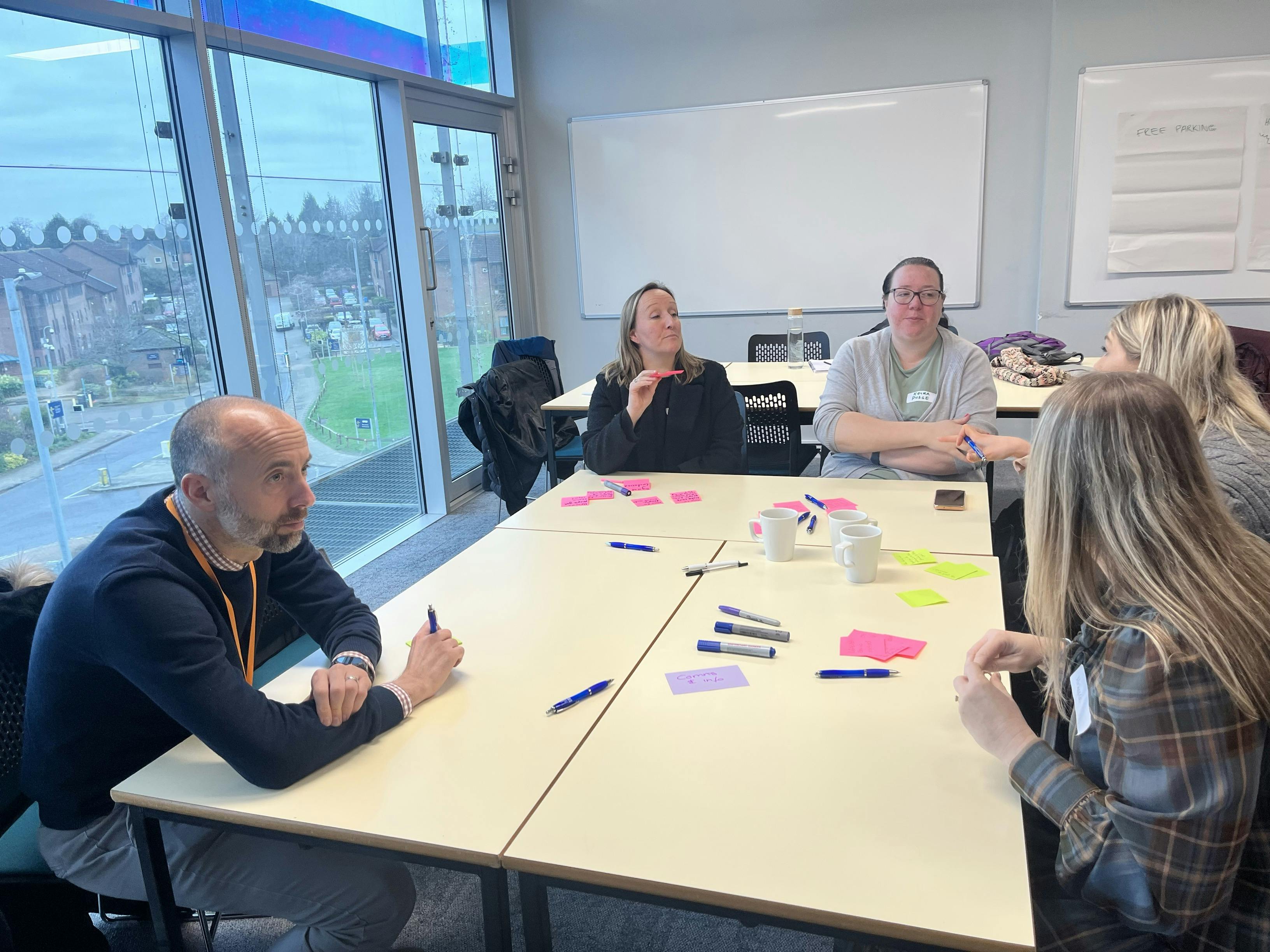REN - The creation of a Research Engagement Network
Be Part of Research - Why not sign up today
https://bepartofresearch.nihr.ac.uk/join
Be Part of Research is a free UK-wide service run by the National Institute for Health and Care Research (NIHR). It connects people with opportunities to participate in health and care research studies across the UK.
What It Offers
Personalised Study Matching: By registering and providing basic information—such as age, location, and health interests—you can be matched to relevant studies and receive details directly via email.
Inclusive Participation: Both individuals with health conditions and healthy volunteers are encouraged to take part.
Diverse Research Opportunities: Participants can engage in various types of research, including online surveys, clinical trials, and studies conducted at hospitals, GP surgeries, or even from home.
Educational Resources: The platform provides information to help you understand what health and care research entails and what to expect when participating in a study.
Alternative Ways to Contribute: If direct participation isn't suitable, you can support research by becoming a Research Champion, helping to raise awareness about health and care research.
Why Participate?
Engaging in research contributes to advancements in medical treatments and care practices, benefiting current and future generations.
Mid and South Essex ICB, all our main hospitals and community partners have been working on a project to set up a Research Engagement Network.
This network is now helping researchers provide a better service for underserved groups.
Characteristics which are common to several of these underserved groups include:
- Lower inclusion in research than expected.
- Higher healthcare burden unmatched by research designed for such groups.
- Differences in how they engage with healthcare interventions compared to other groups.
Groups that we are keen to work with are -
- Age extremes – under 25’s or over 65
- Women of childbearing age
- Ethnically diverse groups including, Faith groups, Gypsy, Roma travellers
- LGBTQ+
- Groups of people who suffer from health inequalities including, those with learning disabilities or a serious mental illness.
- Those people who are Neuro divergent
This project aims to work with partner organisations in order to develop their local research activities with underrepresented communities. It involves increasing diversity in research and supporting the diverse local communities to get involved in research.
Research Ready Communities: an innovative approach to inclusion in research
Our plan
Make sure health and social care research better reflects the needs and interests of all areas, groups and communities across the country. As a result, we will be better able to address health inequalities.
Programme aims:
- Build trusting, mutually beneficial relationships with the community.
- Listen to and understand the community better.
- Work in partnership with community members and organisations to make research more inclusive and representative.
How we will achieve our goals
- Partner with local organisations
- Work with partner organisations to find and train community members as Community Champions
- Support Community Champions to listen to people in the community about their knowledge and views of health and social care research.
- Co-design local activities that respond to what people have said, and that will help improve local inclusion in health and social care research.
- Implement co-designed local activities together.
- Continue long-term partnership to build inclusive research for the community.
REN Next Phase
Our REN project seeks to foster inclusive and diverse participation in health and social care research. Our future approach involves expanding our reach to more underrepresented communities, understanding their needs, and co-developing solutions to increase their involvement in research activities.
Key communities we want to engage within the next phase are -
Jewish – Including a Hasidic community.
Chinese
Eastern European
GRT groups
Expand our LGBTQ+ reach
Incorporate our COPD connectors into REN – linking to specific conditions not just specific community groups
Look at barriers guided by characteristics such as age and gender
Follow this page if you want to keep in touch about health and care research and the REN project




